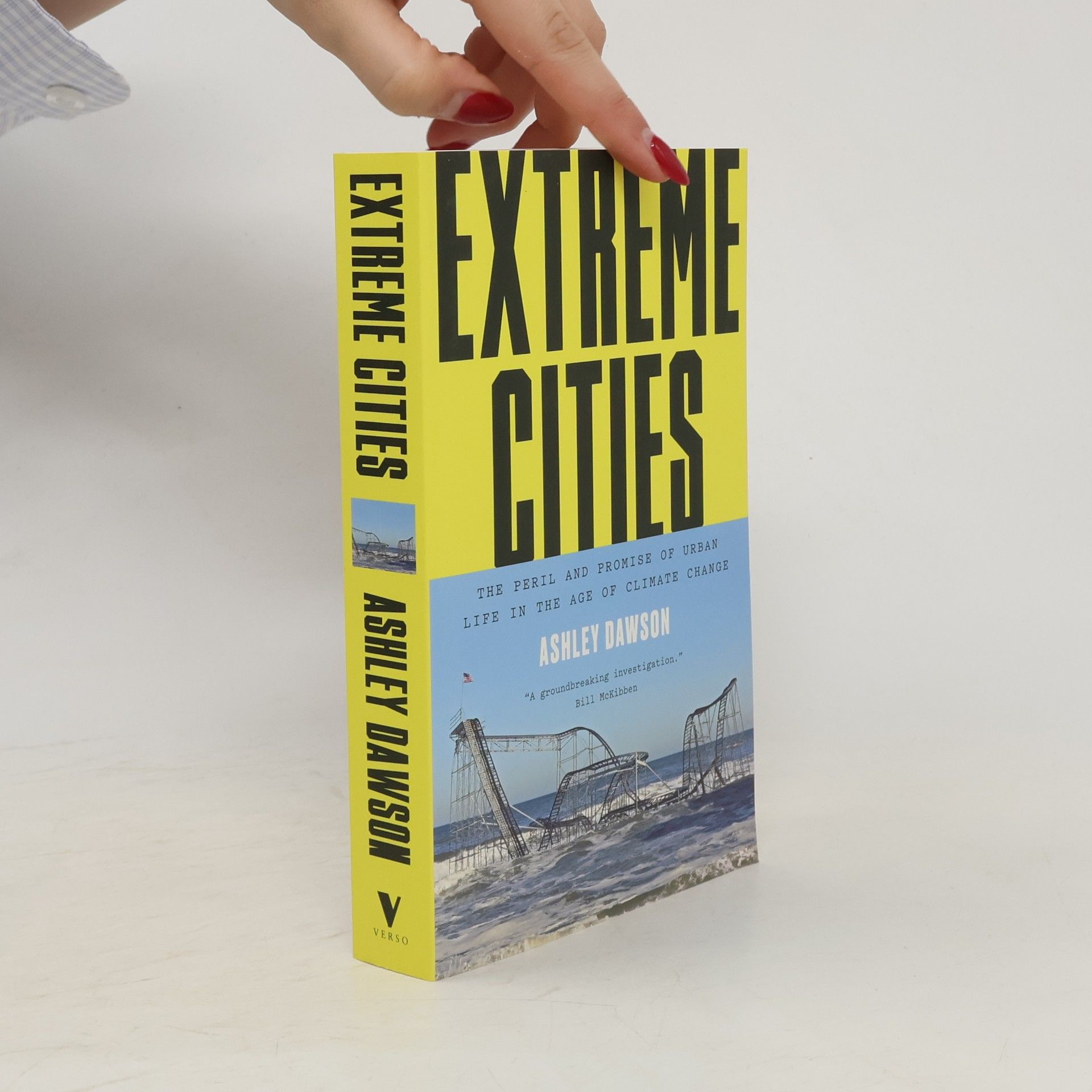Contends that the current extinction rate is nothing short of catastrophic and is the result of capitalism's global attack on the air, water, plants and creatures that have been regarded traditionally as the inheritance of humanity as a whole. Dawson argues that extinction cannot be understood in isolation from a critique of our economic system. To grasp it fully we need tor transgress the boundaries between science, environmentalism and radical politics. --Adapted from publisher description
Ashley Dawson Boeken
Ashley Dawson is een professor Engels wiens werk ingaat op de ingewikkelde verbanden tussen ecologische crises en postkoloniale studies. Hij onderzoekt kritisch de alomtegenwoordige invloed van het mondiale kapitalisme en verkent de diepgaande sociale en ecologische gevolgen ervan. Dawson's schrijven wordt gekenmerkt door een rigoureus intellectueel onderzoek en een scherpzinnige weergave van de menselijke conditie te midden van systemische uitdagingen.





"How will climate change affect our lives? Where will its impacts be most deeply felt? Are we doing enough to protect ourselves from the coming chaos? In Extreme Cities, Ashley Dawson argues that cities are ground zero for climate change, contributing the lion's share of carbon to the atmosphere, while also lying on the frontlines of rising sea levels. Today, the majority of the world's megacities are located in coastal zones, yet few of them are adequately prepared for the floods that will increasingly menace their shores. Instead, most continue to develop luxury waterfront condos for the elite and industrial facilities for corporations. These not only intensify carbon emissions, but also place coastal residents at greater risk when water levels rise. In Extreme Cities, Dawson offers an alarming portrait of the future of our cities, describing the efforts of Staten Island, New York, and Shishmaref, Alaska residents to relocate; Holland's models for defending against the seas; and the development of New York City before and after Hurricane Sandy. Our best hope lies not with fortified sea walls, he argues. Rather, it lies with urban movements already fighting to remake our cities in a more just and equitable way. As much a harrowing study as a call to arms Extreme Cities is a necessary read for anyone concerned with the threat of global warming, and of the cities of the world."--Publisher's description
The science is conclusive: to avoid irreversible climate collapse, the burning of all fossil fuels will have to end in the next decade. In this concise and highly readable intervention, Ashley Dawson sets out what is required to make this momentous shift: simply replacing coal-fired power plants with for-profit solar energy farms will only maintain the toxic illusion that it is possible to sustain relentlessly expanding energy consumption. We can no longer think of energy as a commodity. Instead we must see it as part of the global commons, a vital element in the great stock of air, water, plants, and cultural forms like language and art that are the inheritance of humanity as a whole. People's Power provides a persuasive critique of a market-led transition to renewable energy. It surveys the early development of the electric grid in the United States, telling the story of battles for public control over power during the Great Depression. This history frames accounts of contemporary campaigns, in both the United States and Europe, that eschew market fundamentalism and sclerotic state power in favor of energy that is green, democratically managed and equitably shared.
A global account of the grassroots environmental movements fighting for the future of the planet. Environmentalism from Below offers readers a hopeful alternative to the gridlock of UN-based climate negotiations, taking readers to the heart of popular struggles for a radical, global green new deal. These groups - those most vulnerable to but also least responsible for the climate crisis - are at the frontlines of the fight for environmental reconstruction. Drawing on accounts from Cuba to Nigeria to India to Colombia, scholar and activist Ashley Dawson constructs a multi-layered narrative of those fighting climate imperialism across the globe. Taking up the four critical challenges we face in a warming world-food, urban sustainability, energy transition, and conservation- Environmentalism from Below details the alternatives developed by grassroots movements that chart a path forward, from the practice of agroecology to urban insurgency. Along the way, Dawson offers an urgent case for environmental reconstruction and a global, decolonial Green New Deal. Environmentalism from Below offers a much-needed reminder that the fight against ecocide and for environmental liberation is already being waged worldwide. It's time we all start paying attention.
In "Aussterben. Eine radikale Geschichte" analysiert Ashley Dawson die dramatische Ausrottung großer Säugetiere durch den Menschen und den damit verbundenen Verlust von Biodiversität. Er kritisiert den globalen Angriff auf das Gemeingut und fordert eine Überwindung der Grenzen zwischen Wissenschaft, Umweltschutz und Politik, um die Natur zu schützen.